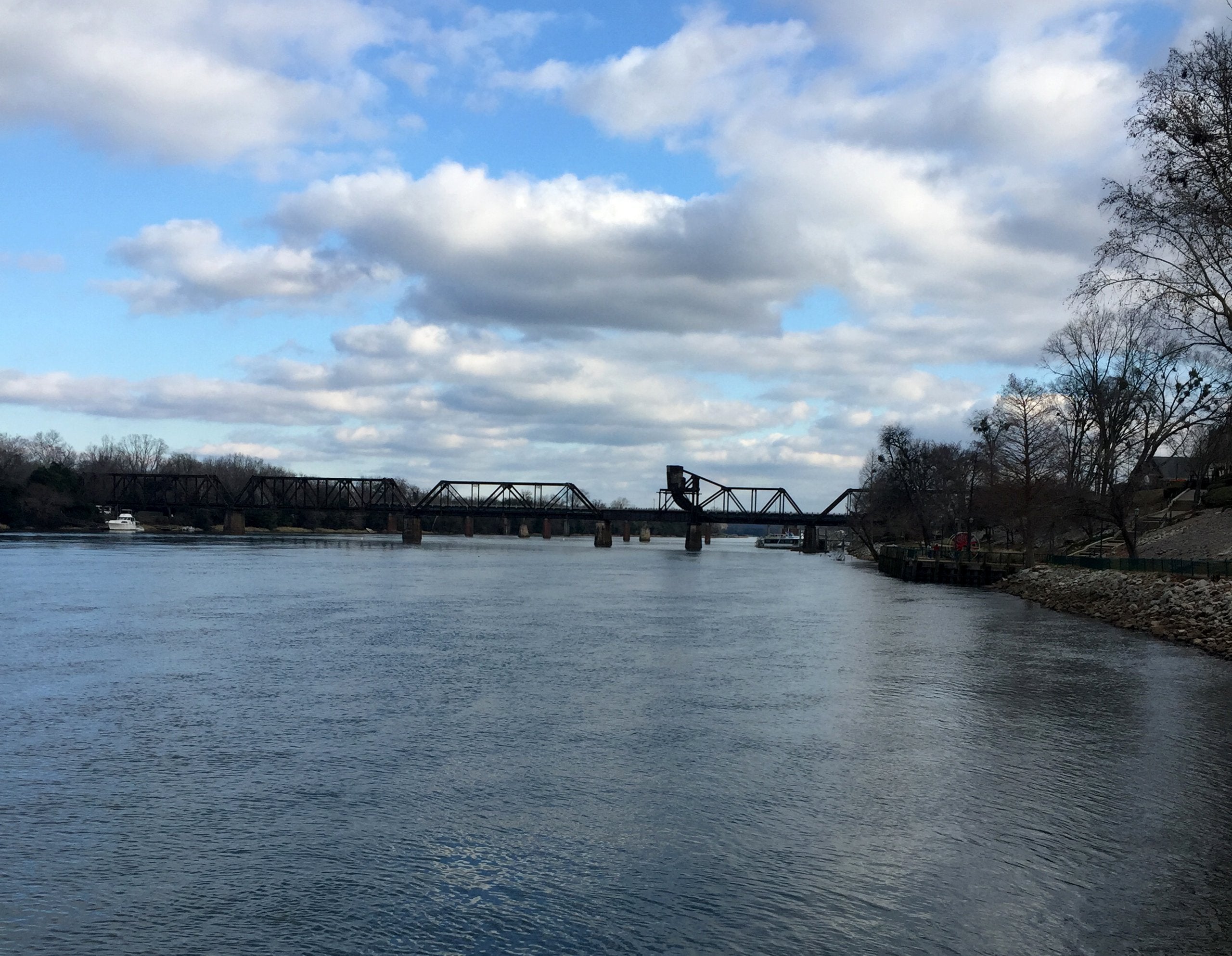The legal battle over the New Savannah River Lock and Dam continues to drag on with no end in sight and Augusta Mayor Garnett Johnson says that he is beginning to get impatient with the process.
The latest in the almost decade-long court fight was a ruling by the Fourth District Court of Appeals in April that struck down an earlier ruling that blocked the U.S. Army Corps of Engineers from demolishing the dam.
The litigants, which include the city of Augusta, the city of North Augusta and the state of South Carolina, have filed an appeal, but a hearing has yet to be scheduled.
Johnson says he fears the dam will collapse before the legal case gets resolved.
“I’m not saying the dam is in danger of collapsing now, but there are structural issues below the waterline, and should the dam fail, it will never be rebuilt,” Johnson said.
In 2016, Congress passed the Water Infrastructure Improvement for the Nation (WIIN) Act that allows the Corp to either repair or replace the dam as long as the downtown pool is maintained at current levels.
However, the WIIN Act did not allocate any funding specific to the Lock and Dam.
“That’s what we keep hearing. (The Corp) have taken the position that there is no funding to fix the dam, but the issue needs to be addressed sooner rather than later,” Johnson said.
The Corps of Engineers have favored removing the dam, which was built in 1937, and placing a rock weir in its place. According to the Corps, the maintenance costs would be cheaper, and the weir would allow sturgeon fish access to spawning areas up river.
Repeated tests have shown that a 500 foot long rock weir will cause at least a three foot drop in the pool levels and severely hamper recreation on the water flowing through downtown.
Johnson disagrees with the Corps estimate of $100 million to fix the dam properly and says the Corp needs to simply repair the dam and then turn it over to the cities of Augusta and North Augusta to maintain in the future.
The Water Resources Development Act of 2000 gave the go-ahead for the Corps to repair the dam at federal expense, but then Congress passed the Consolidated Appropriations Act in 2001. The 2001 CAA added fish passes as a requirement and simultaneously yanked the funding.
According to Johnson, it may be time for Congress to act again since the court process seems to have fallen into a black hole of appeals.
“We have four senators, two governors and a legislative delegation that all favor keeping and repairing the dam, so I don’t understand why they can’t get something done,” Johnson said.
Scott Hudson is the Senior Investigative Reporter and Editorial Page Editor for The Augusta Press. Reach him at scott@theaugustapress.com










